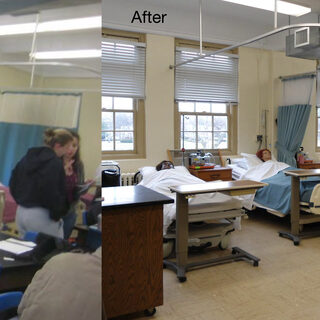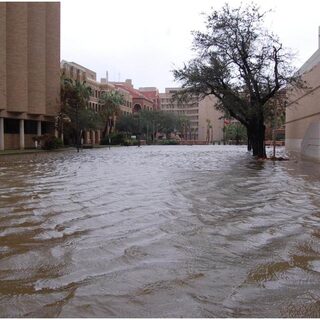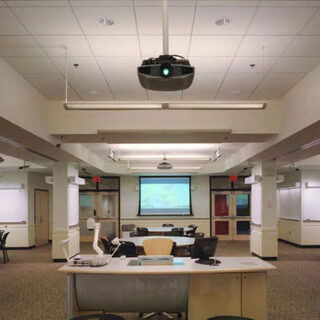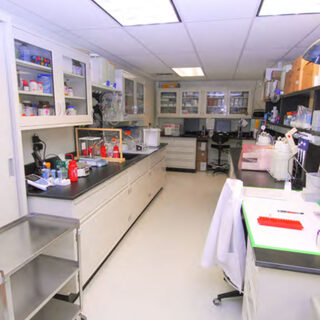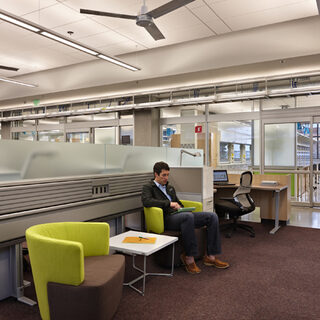Tradeline's industry reports are a must-read resource for those involved in facilities planning and management. Reports include management case studies, current and in-depth project profiles, and editorials on the latest facilities management issues.
Latest Reports
Nassau Community College's New Life Sciences Building
Nassau Community College (NCC) on Long Island, N.Y., completed a 73,900-sf, three-story facility—on track to be the first LEED Gold-certified community college in the state—on time and on budget by focusing on project goals and continually tracking expenditures. Also contributing to the project's success was NCC leadership's decision five years ago to create a Design and Construction Department, an unusual move for a community college, where facilities projects normally are overseen by the home county.
New Approaches to Vivarium Disaster Planning Help Preserve Valuable Research
Recent high-profile natural disasters and human-based incidents are driving vivarium facility owners to reevaluate their disaster and contingency plans. Traditional approaches to risk assessment and research preservation are often over-simplified, understaffed, and insufficiently funded. A new shift in thinking focuses on preparing for the net results of losing utilities, an entire building, or access to a section of campus rather than the initial causes.
Designing Facilities to Accommodate SCALE-UP Teaching Method
A pedagogy pioneered at North Carolina State University (NCSU) is turning higher education upside down by redesigning the learning environment to foster interaction among today's technology-savvy students, and turning students into teachers in the process.
University of New England Grows Biomedical Research Facilities Organically
Although relatively small in size compared to more established research institutions, the University of New England (UNE) is making tremendous strides in growing its research and scholarship programs and infrastructure despite a shrinking pool of available grant funding. The private university, founded in 1978, began focusing its expansion efforts on biomedical research only within the past decade.
University of Washington's Molecular Engineering and Sciences Building Reduces Lab Air Changes for Energy Savings
In the on-going drive to advance campus-wide environmental stewardship, the University of Washington's new Molecular Engineering and Sciences Building (MolES) incorporates several unusual strategies for energy savings and sustainability. A 40 percent reduction in the number of air changes lightens the load on the mechanical systems that serve technically challenging laboratories, while operable office windows, phase change material (PCM), and solar chimneys are part of a more "organic" approach to heating and cooling.

